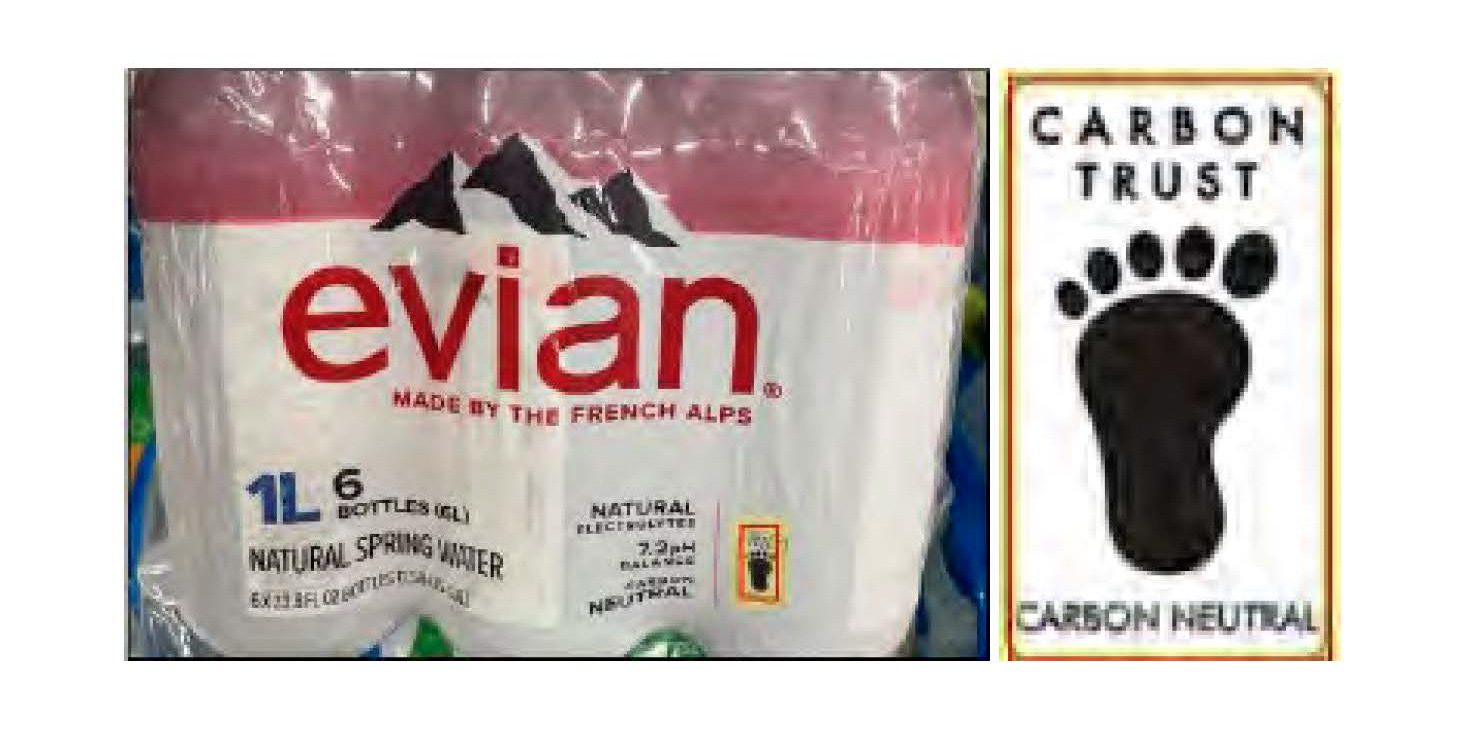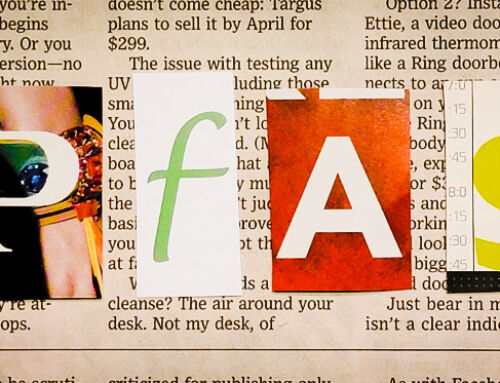View by Topic
Recent Articles
-
New Environmental Laws from the 2024 Maryland Legislative SessionSaturday, April 27th, 2024
-
EPA Designates PFOA and PFOS as Hazardous Substances under Superfund LawSaturday, April 20th, 2024
-
Federal Government Finalizes New Efficiency Standards for LightbulbsSaturday, April 13th, 2024
-
2024 IECC is Final After Addressing Preemption IssuesSaturday, April 6th, 2024
-
Settlement Portends Broad Failure in Attempts to Ban Natural GasSaturday, March 30th, 2024
View by Month/Year
“Green Building Law Update” Headlines
Recent Articles & News from
Stuart Kaplow’s blog
at GreenBuildingLawUpdate.com
- EPA Takes Action: PFOA and PFOS Now Hazardous Substances Under Superfund Law April 21, 2024
- Shedding Light on the Future: The Evolution of Lightbulbs in the Wake of New Energy Efficiency Standards April 14, 2024
- 2024 International Energy Conservation Code is Final After Addressing Preemption April 7, 2024
- Settlement Portends Broad Failure in Attempts to Ban Natural Gas March 31, 2024
Subscribe to the Green Building Law Update!
Stuart Kaplow brings his expertise and extensive experience to the table with his unique digital publication, "Green Building Law Update". Subscribers receive regular updates to keep them informed about important issues surrounding Environmental Law, Green Building & Real Estate Law, as well as the emerging demand for Environmental Social Governance (ESG).
Get fresh content through the lense of Stuart Kaplow's cutting-edge expertise, innovative commentary and insider perspective. Don't miss another issue! Subscribe below.

Does evian Water Greenwash?
Last week United States District Court for the Southern District of New York Judge Nelson Roman ruled that Danone Waters of America, the French multinational that produces evian bottled water, must face trial over greenwashing claims that it wrongly says on the label that the water is carbon neutral.
Many observers are concerned that this is just one of the thousands of lawsuits filed against the food and beverage industry each year; this one is shrouded in the de regueur issue of greenwashing.
The larger worry should be television advertisements for mass litigation seeking clients who believe they have been misled by greenwashing (.. think the cable television and social media ads about contaminated water at Camp Lejeune, on steroids).
This putative class action was filed in 2022 “on behalf of all persons in the United States who purchased” evian water.
In this consideration of Danone’s motion to dismiss the complaint, some are troubled that the court began with this “factual background” saying that in its order, it is taken as true for the purposes of this motion,
“Human activities have increased the concentration of carbon dioxide, or CO2, in the atmosphere, driving climate change. As the Earth’s climate continues to change, Americans are experiencing increased wildfires, extreme heat and rain, rising sea levels and costal [sic] storms, disruptions to agriculture and marine-based food production, and increased pollen production, causing them harm.”
Then the court went on to justify this lawsuit,
“As a result of widespread concerns about climate change, consumers increasingly seek out environmentally sustainable products and are willing to pay a higher price for such products. The increase in consumer demand of environmentally friendly products has led companies to engage in a marketing tactic called “greenwashing,” which is “the process of conveying a false impression or providing misleading information about how a company’s products are environmentally sound.” Plaintiffs allege Defendant has engaged in such “greenwashing” through its advertising and marketing of “evian Natural Spring Water” water bottles.”
The court then found, “All versions of Defendant’s Product include a representation that the Product is carbon neutral,” as depicted in the photos above (that were included in the pleadings).
The judge seemed unmoved that all Danone products sold in the U.S. are carbon neutrality third party certified in accordance with the international standard ‘PAS 2060’ by the Carbon Trust. Danone’s attorneys further argued it is unreasonable to assume that the product “magically arrived from the French Alps to their homes without the emission of even a molecule of carbon dioxide.”
Carbon neutrality, under PAS 2060, means not adding new greenhouse gas emissions to the atmosphere. Where emissions continue, they must be offset by absorbing an equivalent amount from the atmosphere, for example through carbon capture and reforestation that is supported by carbon credits.
The court was apparently also unphased by that fact or that the term “Carbon Neutral” appears on the label inside of the Carbon Trust logo.
The court then decided that “carbon neutral is technically defined as having or resulting in no net addition of carbon dioxide to the atmosphere,” because the Merriam-Webster dictionary says so. And then said, “After careful consideration, the Court concludes that it cannot determine as a matter of law that “carbon neutral” does not have the capacity to mislead.” Really? So, the court is not applying a reasonable person standard, which is widely used in tort law, but is ruling that in this class action, “all persons in the United States who purchased” evian lack any intellectual acuity?
The court’s enumerated analysis is clear and unambiguous, but disappointing,
“First, a reasonable consumer could plausibly be misled by the “carbon neutral” representation on the Product’s label.” ..
“Second, the FTC Green Guides support this conclusion. Plaintiffs allege “‘carbon neutral’ is precisely the type of ‘unqualified general environmental benefit’ claim that the FTC cautions marketers not to make.”
“Third, the factual allegations in the Plaintiffs’ complaint are sufficient to support the conclusion that the average American consumer does not know the term’s technical definition. Consumers’ general confusion about “carbon neutral” demonstrates that the term has a reasonable likelihood to deceive.”
“Finally, “carbon neutral” is an ambiguous term, and evidence shows that consumers are confused by it. Defendant also expects too much from consumers to learn what it means when it places “carbon neutral” on the Product’s label. Accordingly, the Court concludes that at this stage it cannot determine as a matter of law that a reasonable consumer could not be confused or misled by the “carbon neutral” representation ..”
The judge concluded it was premature for the court to determine who was right and after dismissing three of the multiple counts, with leave to amend the complaint, these issues were better decided by a jury.
A print media report on this ruling observed that in an apparent act of green bleaching, now keeping secret sustainability efforts, including scrubbing any references on labels and public facing writings, references to carbon neutrality have been removed from evian products currently available for sale in the U.S. This case and actions like it are not good for sustainability.
The 30 page ruling is a good primer on greenwashing, but more than a little scary when you consider this may portend plaintiffs’ lawyer television advertisements recruiting mass litigation greenwashing clients.
A live webinar “Ask Me Anything” 30 questions in 30 minutes, Tuesday, January 23 at 9 am EST presented by Stuart Kaplow on behalf of ESG Legal Solutions, LLC. The webinar is complimentary, but you must register here.









